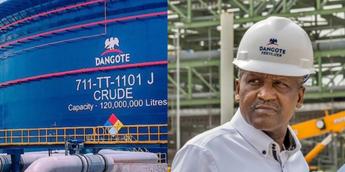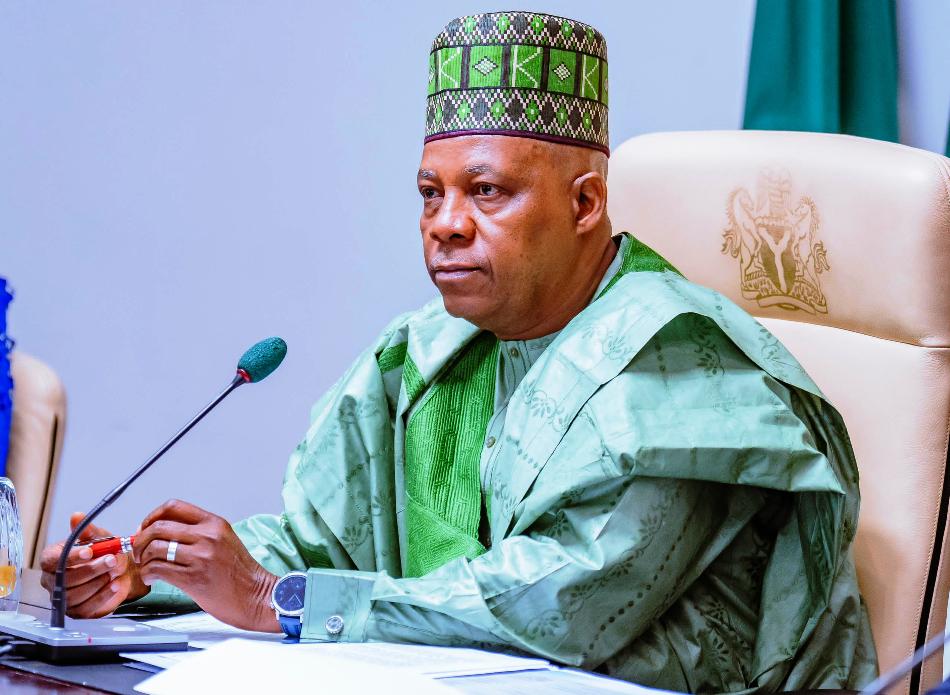In a statement on Wednesday, Dangote Industries Limited highlighted challenges in securing crude oil for its refinery, alleging that International Oil Companies (IOCs) insist on selling through their foreign agents. This practice, the company argues, inflates local crude prices because trading arms offer cargoes at a $2 to $4 per barrel premium above the official price set by the Nigerian Upstream Petroleum Regulatory Commission (NUPRC).
DVG Edwin, Vice President of Oil & Gas at Dangote Industries, commended NUPRC for its interventions in the company’s crude supply requests and for publishing Domestic Crude Supply guidelines to promote transparency. However, Edwin stressed that despite these efforts, foreign oil producers prioritize sales to Asian countries, further driving up local crude prices.
Edwin cited an example where Dangote paid $96.23 per barrel for Bonga crude in April, which included a $5.08 NNPC premium and a $1 trader premium. In comparison, the company secured WTI crude at a dated Brent price of $90.15 plus a $0.93 trader premium, including transport. Despite NNPC lowering its premium, traders demanded a premium of up to $4 million above the NSP for Bonny Light crude. Edwin pointed out that data from platforms like Platts and Argus shows the prices offered to Dangote are significantly higher than market rates.
The statement from Dangote Industries called for a re-examination of pricing policies by NUPRC. Edwin noted that the Petroleum Industry Act (PIA) stipulates a willing buyer-willing seller relationship, but in practice, market liquidity issues lead to price gouging. He urged NUPRC to address these gaps to prevent unjustifiable margins by non-value-adding middlemen.
Edwin’s comments followed remarks by NUPRC Chief Executive Officer, Engr. Gbenga Komolafe, who stated that it was erroneous to claim IOCs were refusing to sell crude to domestic refiners. Edwin clarified that while NUPRC has been supportive, most producers refer Dangote to their international trading arms, which complicates direct purchases and inflates costs.
Edwin recounted difficulties in securing crude from international trading arms, which prioritize tenders to foreign companies. He urged NUPRC to ensure fair pricing and transparent transactions, suggesting that gaps in the domestic crude supply obligation should be addressed to prevent exploitation in an illiquid market.
Dangote Industries reiterated its call for NUPRC to take a second look at the issue of pricing, advocating for measures to ensure fairness and transparency in the crude supply chain.






